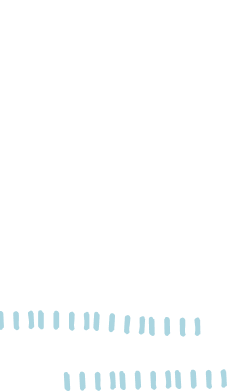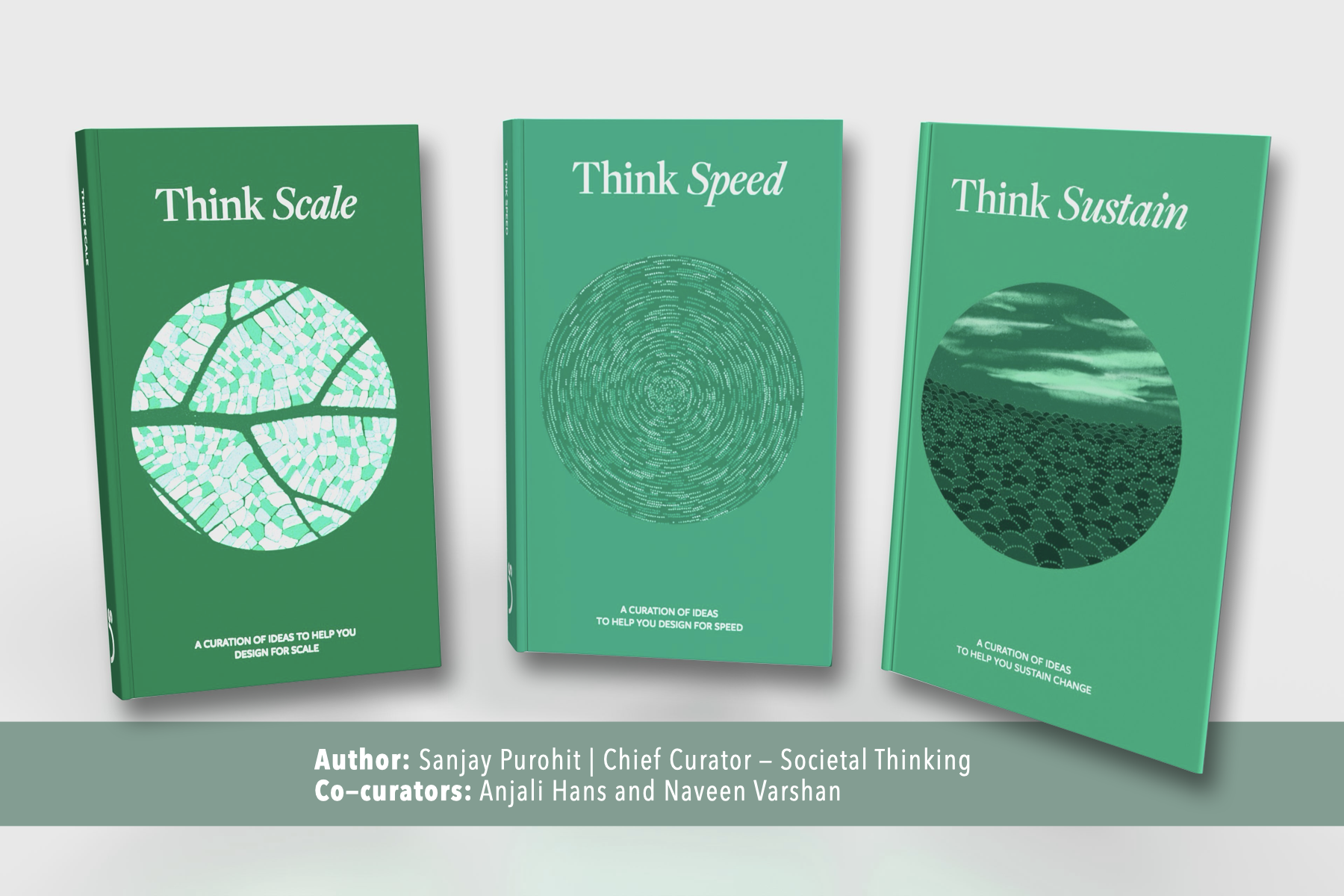A co-travelling journey with change leaders is like a meandering river. Together, we explore, reimagine and enable shifts towards impact at scale. One way we undertake this is with our Journey Partners. During this year-long deep work with change leaders, we ask, “How do we induce exponential change, i.e., change that inspires more and rapid changes to solve the problem at scale?”
I lead ‘Education’ at Societal Thinking with a focus on Early Childhood Development. Now, we are embarking on a journey with SmartStart. SmartStart is a social franchise model that focuses on bringing quality early childhood learning and development to all children in South Africa. SmartStart works through the entire value chain of the education system by partnering with other NGOs, advocating for government policy reforms and building the capacity and livelihoods of underemployed women in underserved communities. They have already touched the lives of 100,000 children and have over 7,000 practitioners (franchisees). Their mission now is to reach 1,000,000 children by 2030.
Here is my conversation with Grace Matlhape, CEO of SmartStart and her team as they share their insights on how they see their journey to impact at scale unfolding.
Grace, please take me through your journey with SmartStart and why your work is important for South Africa.
I have always been attracted to working in areas of social justice. I realised that some of the problems we are dealing with affect so many people, and for me, this meant not being satisfied with helping a few people alone. I wanted to work towards creating impact that can affect many, many more. SmartStart is giving me this opportunity. This comes from a really big need in South Africa where many children start school without the benefit of early learning and this is catastrophic when you think about how powerful the early years are in laying a strong foundation in learning for children. Quality Early Childhood Development (ECD) has been associated with some amazing social outcomes like economic growth at a country level and even crime reduction.
Our focus in SmartStart is on ECD (Early Childhood Development) in communities where the gap to access is very high. We recruit, set up, support and incubate women from these communities and train them to be early-learning entrepreneurs. The women of the community are trained to run preschools from their homes using evidence-based curriculum and processes. We have seen great outcomes in children and we manage to attract and keep most of the women that we recruit, which ensures that we are also sustaining the livelihoods of these women. So there’s something in this model that holds promise to help close the gap in access to quality.
You have been quite successful. Why are you now reimagining your audacious goal?
It is so easy to feel like we have made a massive achievement and celebrate and not feel the need to change. However, the real challenge is that there are still children in South Africa who are excluded from early learning and tend to be the poorest children in our country. Not only are we missing an opportunity with early learning, but we are also perpetuating inequality. Every time children are born in the same environment of inequality, they will never experience a different kind of reality. So when you look at our success in that context, you realise that we still have a lot to do. This is when we felt we needed to reimagine our problem and define our mission so that every child in South Africa has access to quality early childhood education. We could imagine this was possible when we met Societal Thinking.
What were your teams AHA! moments after meeting Societal Thinking?
When I spoke to some of my team members, it was clear we were all aligned in our thinking and values with Societal Thinking. Some of the members had insightful thoughts, which I would like to share. Rebecca Hickman, Policy & Strategy Associate at SmartStart said, “My first real AHA! moment from Societal Thinking is around the idea of scale. Scale isn’t about replication and what works at scale isn’t the same as scaling what works. And that really shifted my whole paradigm.”
Sane Mdlalose, Chief Growth Officer said, “At SmartStart scaling access of early learning to children in most under-resourced communities requires working with partners. Today, our partners have a common vision but differ in the organisation’s capacity and capability. So what shifted for me was going from treating diversity as a challenge to leveraging diversity as the solution.”
Mary Venter, CEO of Khululeka added, “Societal Thinking’s farm to forest analogy caught my attention. The understanding that in a forest there is diversity, there is structure yet it is very fluid and flexible. I would like to think about what that would mean for SmartStart. How would we need to weather and adapt to change?”
What are the questions and challenges you are thinking about?
We face challenges with the political landscape, technological divide, and economic divide.
Apart from the above-mentioned challenges, we also have questions we are thinking about on how to tackle three critical barriers that hinder access to quality early learning:
- Awareness: How do we build a narrative to create a mindset shift towards the importance of ECD (Early Childhood Development)?
- Accessibility: How can we simplify the SmartStart programme’s enrolment process so that families can easily find places for their children?
- Affordability: How can we advocate for policies that make early learning programmes affordable and accessible to all children and to make the government the architect and enabler of ECD?
What are you going to focus on doing for the next year?
We’re ready for a journey towards creating a network of networks.
Looking ahead, SmartStart envisions itself as:
- A national delivery programme bridging the implementation gap, with a strong digital platform that empowers a diverse network through system leadership. We aim to seamlessly connect families with early learning providers, streamline administrative processes, and provide ongoing support to ensure programme quality.
- A force exceeding national boundaries, creating exponential change and exceeding even our wildest dreams of impact. We believe the model we develop in South Africa can be adapted and implemented in other countries facing similar challenges.
In order for us to do so, we are asking ourselves:
- How can we enable more and more co-creation to empower all network participants to catalyse significant multiplier effects?
- How can we leverage the diversity of the network to solve problems at scale?
- How can we build the agency of our network to move from being a farm to a forest?
We are excited to embark on this journey alongside Societal Thinking.
 Back
Back


